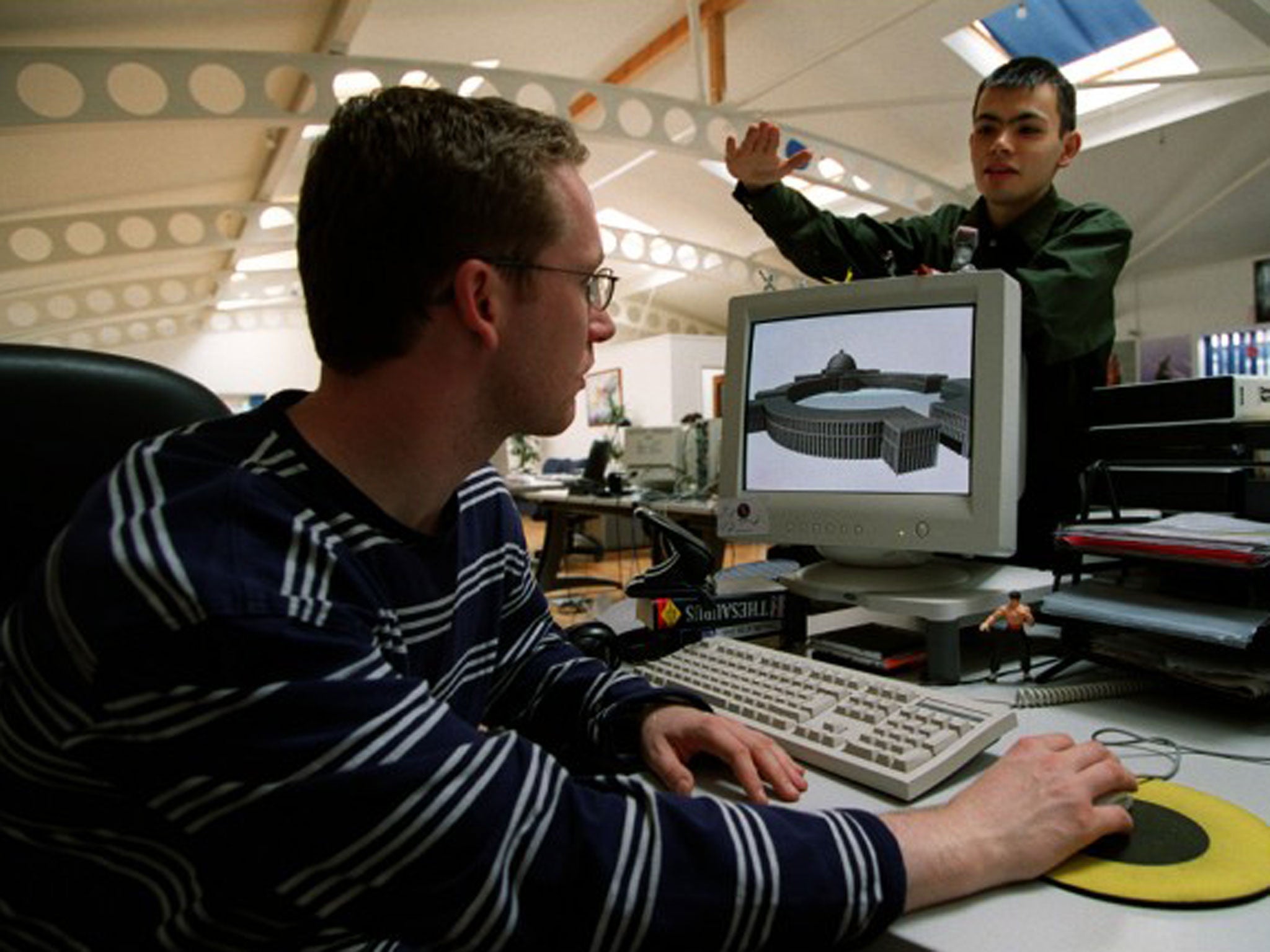
I recognise this brain box…
Former child chess prodigy and computer game designer Demis Hassabis is famous in the computer gaming world for having “a brain larger than a planet”. He began playing chess when he was four years old, reached master standard by the age of 13 and went on to represent England. These days Hassabis, 37, specialises in cognitive neuroscience and artificial intelligence technology.
Gaming? Chess? What a geek!
What a rich geek, you mean. He’s just sold his company, DeepMind Technologies, to Google for about £300 million.
Why was Google so keen to acquire the business?
DeepMind Technologies has a reputation for secrecy, but its aim is said to be to develop computers that think like humans, and it specialises in artificial intelligence. Hassabis co-founded the company in 2012 with New Zealander Shane Legg and fellow Briton Mustafa Suleyman. They brought together neuroscientists and computer engineers in an effort to use technology and medical research to help machines to mimic the brain’s ability to improve performance.
Machines with brains? Sorry, cannot compute.
Google founder Larry Page has previously expressed interest in making search commands easier by using an implant in the brain and is understood to have led the move to buy Deep Mind. It’s not surprising he was drawn to Hassabis, who led a study at University College London in 2009 that scanned human brains and found “just by looking at neural activity we were able to say what someone was thinking”.
So you’re saying this guy is literally a mind reader?
In a manner of speaking. His colleague Legg recently predicted “human level” artificial general intelligence will arrive by 2030 and that machines will have developed “basic vision, basic sound processing, basic movement control, and basic language abilities” by 2020, with all of these abilities being “learnt” rather than pre-programmed.
System meltdown!
You sound like you could do with a sit down and a cup of tea. If only there were a machine that could anticipate your needs…
Join our commenting forum
Join thought-provoking conversations, follow other Independent readers and see their replies
Comments